History of Freemasonry
Freemasonry is one of the world’s oldest and largest non-religious, non-political fraternal organizations, with a rich history dating back several centuries. Its origins can be traced to the guilds of stonemasons in the Middle Ages, who built the magnificent cathedrals and castles of Europe. Over time, Freemasonry evolved from operative stonemasons into a society of men dedicated to moral and philosophical ideals, symbolically expressed through the tools of the mason's craft.
The formalization of Freemasonry began in 1717, when the first Grand Lodge was established in London, marking a new chapter in the organization’s history. From there, it grew across the world, influencing society, culture, and many notable figures in history. Today, Freemasonry continues to be a global fraternity, bringing together men from diverse backgrounds and walks of life.
The essence of Freemasonry lies in its core values: integrity, respect, friendship, and charity. Members are encouraged to lead moral and upright lives, to be respectful and kind to others, and to strive for self-improvement. Freemasonry promotes strong personal ethics and aims to support individuals in becoming better versions of themselves. In addition to personal growth, Freemasons are committed to serving the community, contributing millions to charitable causes, and engaging in service projects that make a difference in the lives of others.
The rituals of Freemasonry, many of which are steeped in symbolism, aim to teach important life lessons. These rituals are often based on allegories and metaphors drawn from the tools and traditions of the ancient stonemasons. For example, the square and compass, two of Freemasonry's most recognized symbols, represent moral conduct and the importance of setting boundaries in one’s life. The ceremonies and traditions are designed to reinforce values like truth, responsibility, and the pursuit of knowledge, while also fostering a sense of camaraderie among members.
Freemasonry welcomes men from all walks of life, regardless of race, religion, or social standing, as long as they share the fraternity’s values and commit to upholding its principles. Although it is not a religion and has no dogma, Freemasonry encourages members to have a belief in a higher power, often referred to as the Great Architect of the Universe.
Freemasonry also plays an important role in shaping individuals' relationships with others. Through fellowship and mutual respect, members form strong bonds that often last a lifetime. The organization operates with a structure that includes local lodges, where members meet regularly to conduct ceremonies, learn from each other, and organize charitable activities. The Worshipful Master presides over each lodge, guiding the work and ensuring that Masonic values are upheld.
In essence, Freemasonry is about building better men. It teaches that each person has the potential to improve not only themselves but also the world around them through dedication, compassion, and humility. Its enduring appeal lies in its ability to offer guidance, structure, and purpose while fostering a sense of belonging in an ever-changing world.
For more detailed insights, you can visit the United Grand Lodge of England's official history page

